
Jan 10, 2025 | Immunology
ImmunologyAsthma is a common condition that is characterised by lower airway inflammation....

Sep 11, 2024 | Reproductive Biology
Pregnancy Foetal biological sex determinationwhobaby is the early foetal sex determination test that can be done from 10 weeks of pregnancy....

Aug 28, 2024 | Genetics
Non-Invasive Prenatal TestingIn pregnancy, small amounts of DNA from the placenta of the foetus pass into the bloodstream of the mother. New technology allows us to analyse this DNA directly from the mother’s blood and screen for specific chromosome abnormalities....

Jul 22, 2024 | General
HPV Cervical Cancer HPV PCRCervical cancer is the second most common cancer amongst South African women. Regular screening identifies women who may be at risk of cervical cancer so that they can receive further testing, follow up and treatment if needed....

Jul 11, 2024 | Specialised Chemistry
Drugs of AbuseDrugs of abuse screening tests detect the presence of various classes of abused drugs....

Jul 09, 2024 | Haematology
Warfarin PT/INR TestingBy working closely with your medical practitioner and/or pathologist, you can prevent unnecessary risks and contribute to a well-controlled INR value. Your understanding of the instructions you have been given is essential in your management. Follow them as strictly as possible. If you have any questions regarding your management, contact your medical practitioner or pathologist at your local laboratory. The information contained in this guide is a basic guideline obtained from the literature....
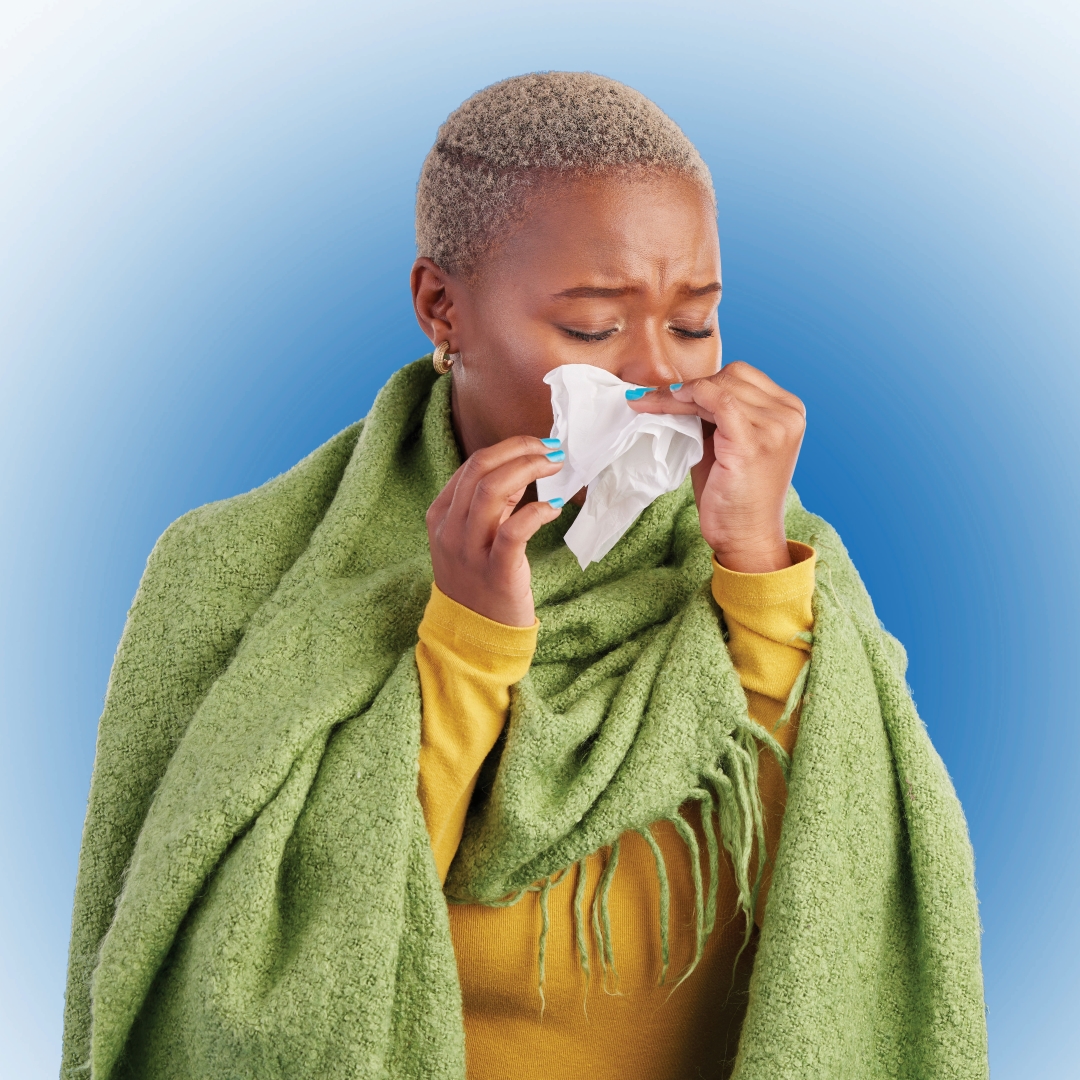

Feb 05, 2024 | Immunology
Newborn ScreeningEarly screening with the TREC/KREC PCR is the best way to know whether your baby’s immune system is working correctly....

Nov 30, 2023 | Microbiology
Infectious Diseases HIV AIDSDue to a failing immune system, those infected with HIV may develop infections with certain organisms that usually do not cause disease in people with healthy immune systems. These are known as opportunistic infections. Examples of opportunistic infections include an overgrowth of Candida in the mouth and tuberculosis....

Aug 30, 2023 | Genetics
PharmacogenomicsPharmacogenomics is the study of how our genes affect the way we respond to different medications. By looking at unique changes in your genetic code, pharmacogenomic testing can predict your risk of developing drug-related side effects and can guide which medication (and dosage) is best suited to you....

Jul 10, 2023 | Andrology
When a couple has the inability to conceive after 12 months of regular, unprotected sexual intercourse, a spermiogram (semen analysis) is recommended. Several male factors can cause or contribute to the inability to conceive....

Jun 05, 2023 | Genetics
Genetic counselling is an educational and psychosocial process where genetic counsellors collaborate with other healthcare professionals to provide information and support to individuals and their families affected by, or at risk of, genetic conditions....

May 22, 2023 | Immunology
Allergies Allergy TestARE YOU PUZZLED BY ANY OF THE FOLLOWING SYMPTOMS? • Hives, itchy skin, eczema (rash)? • Red, itchy, watery eyes? • Runny, blocked nose, sneezing? • Tingling, itchy mouth or lips? • Swelling of the lips, face, tongue or other parts of the body? • Wheezing, coughing? • Diarrhoea or vomiting? You could have an underlying allergy....

May 22, 2023 | Immunology
Allergies Allergy TestPuzzling out allergies can be life-changing....

Oct 20, 2022 | Genetics
Prostate cancer is the most common cancer among males in South Africa and occurs more often in men older than 50 years....

Oct 12, 2022 | Genetics
Genetics Breast CancerBreast cancer represents a cancer that originates within the breast and which then spreads to the lymph nodes in the armpit or in the neck, and may spread to other organs (typically the lungs, bone and brain)....

Feb 19, 2021 | General
Ampath is proud to offer patients their test results in real time via the Ampath App, downloadable from both Google Play and the App Store. Our step-by-step guide helps navigate the App....
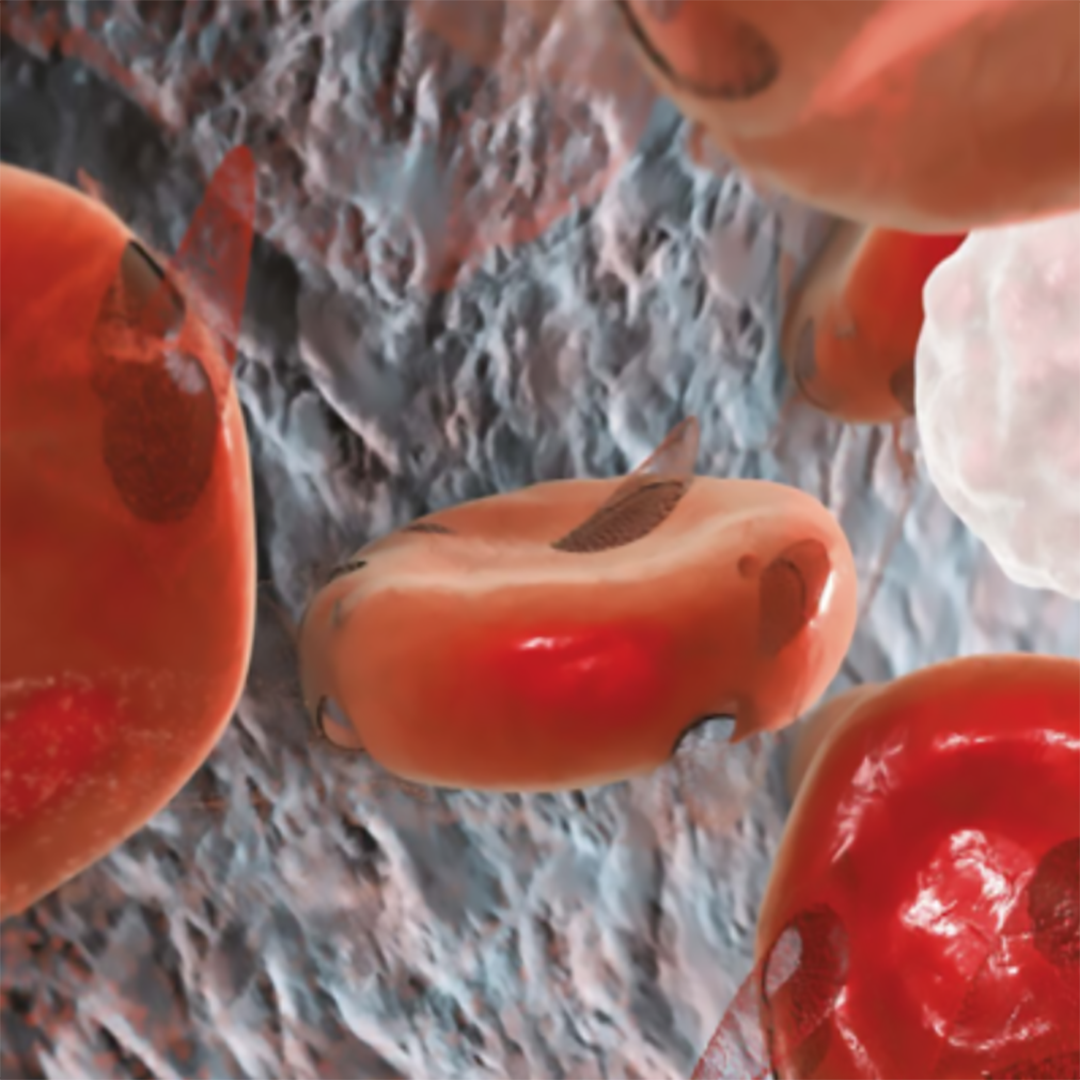
Jan 24, 2021 | Haematology
Anaemia is a condition where there are insufficient healthy red blood cells in the body. Anaemia may be temporary or long term and can range from mild to severe. Worldwide, the most common cause of anaemia is iron deficiency, an essential nutrient required by the body to make haemoglobin. Red blood cells contain haemoglobin which is the transport molecule for oxygen and carbon dioxide. Without sufficient haemoglobin, the blood stream cannot carry sufficient oxygen to the tissues and organs....
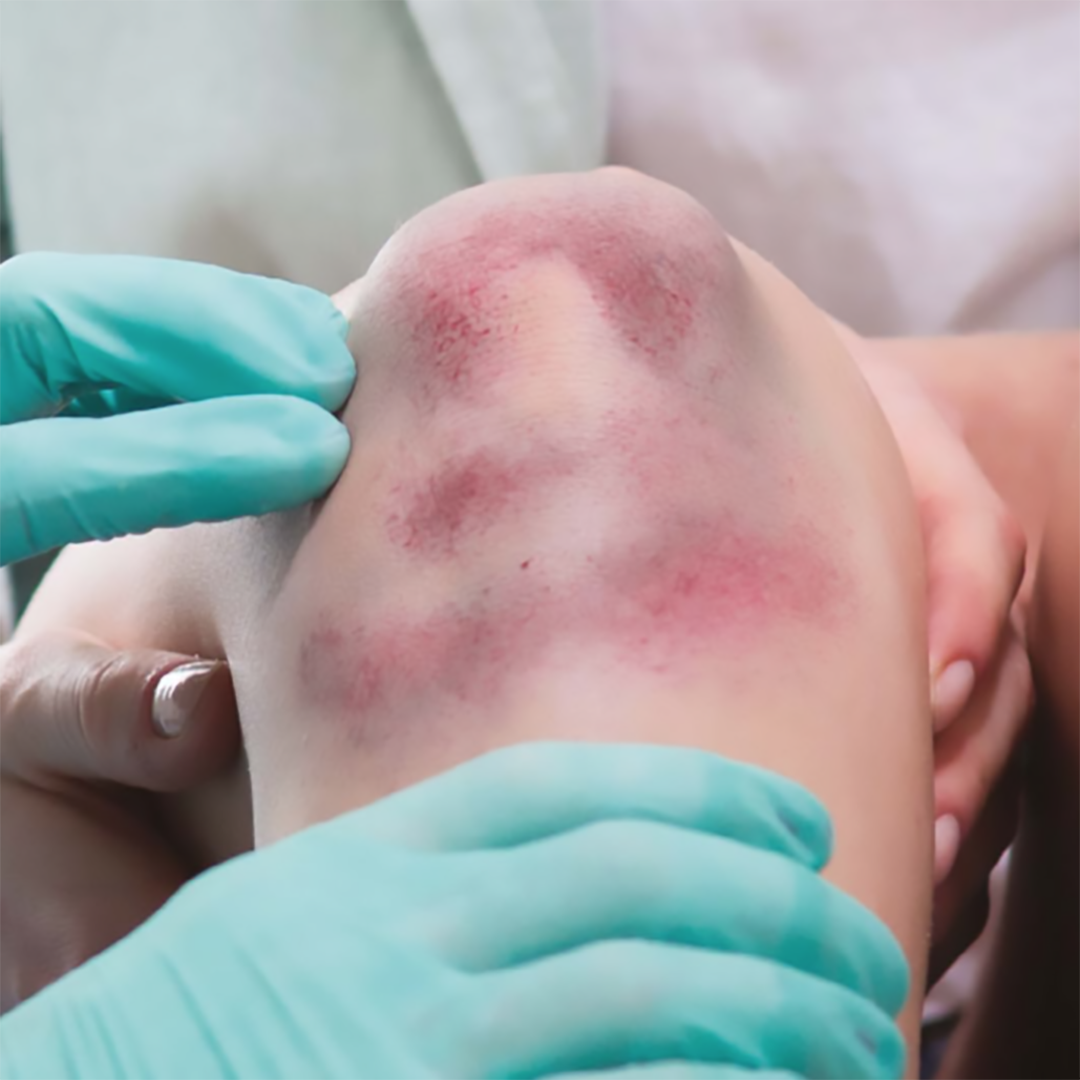
Jan 23, 2021 | Chemical Pathology
A bruise occurs when blood leaks out of the small blood vessels beneath the skin, building up in the surrounding tissue. Bruises can occur in any area of the body and may result from a small superficial injury to the skin itself or may be a sign of a deep trauma to an underlying bone/muscle. Bruises do not blanch under pressure and can be painful to touch....
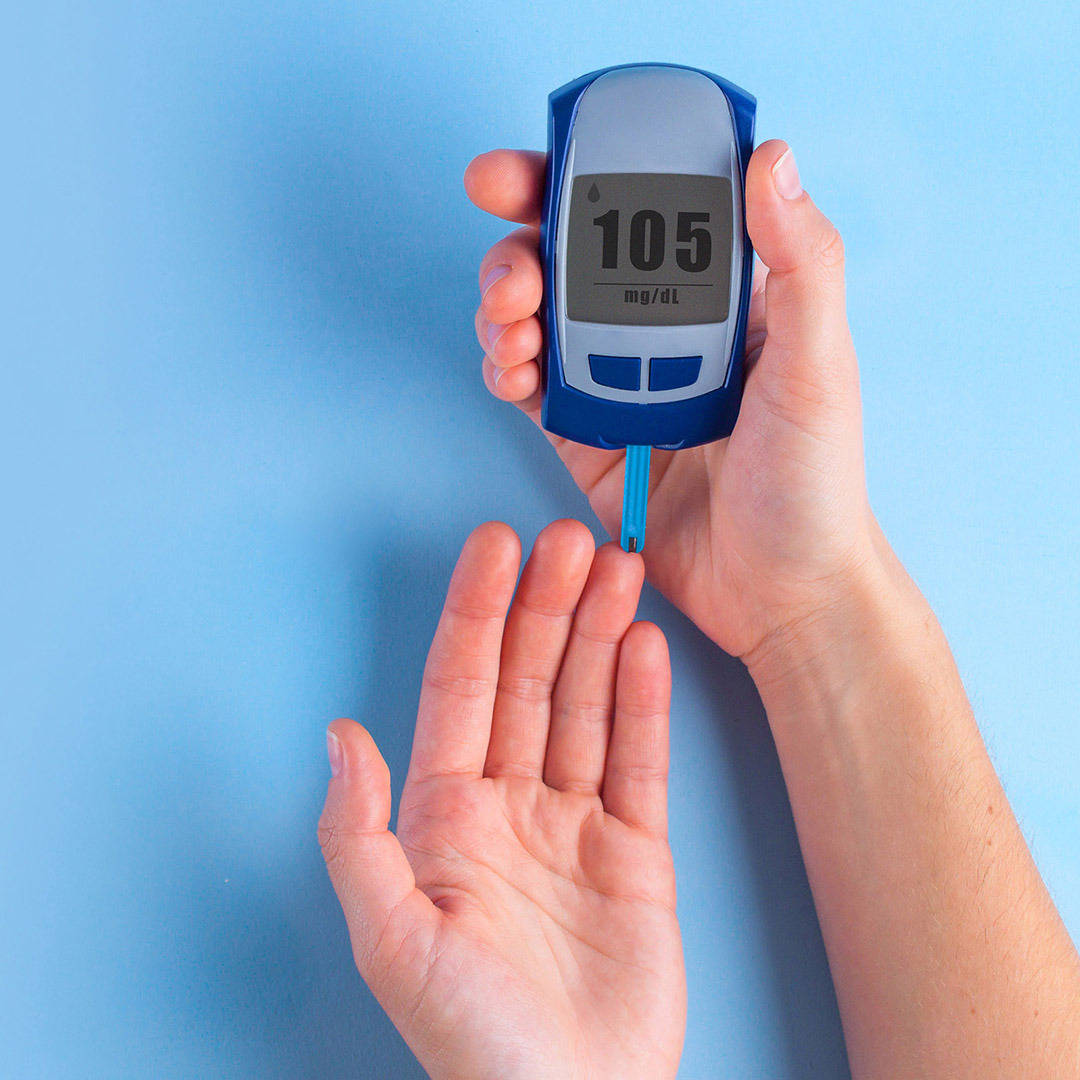
Jan 21, 2021 | Chemical Pathology
Diabetes mellitus (DM) is a metabolic disorder characterised by a raised level of glucose (or sugar) in the blood. Known as diabetes, it is the result of either insulin deficiency (type 1) or resistance to the actions of insulin (type 2)....

Jan 21, 2021 | General
A high cholesterol level in the bloodstream can clog the arteries and lead to a heart attack and/or stroke....

Jan 21, 2021 | Chemical Pathology
There are specific timing requirements for certain fasting blood tests to ensure the most accurate results....
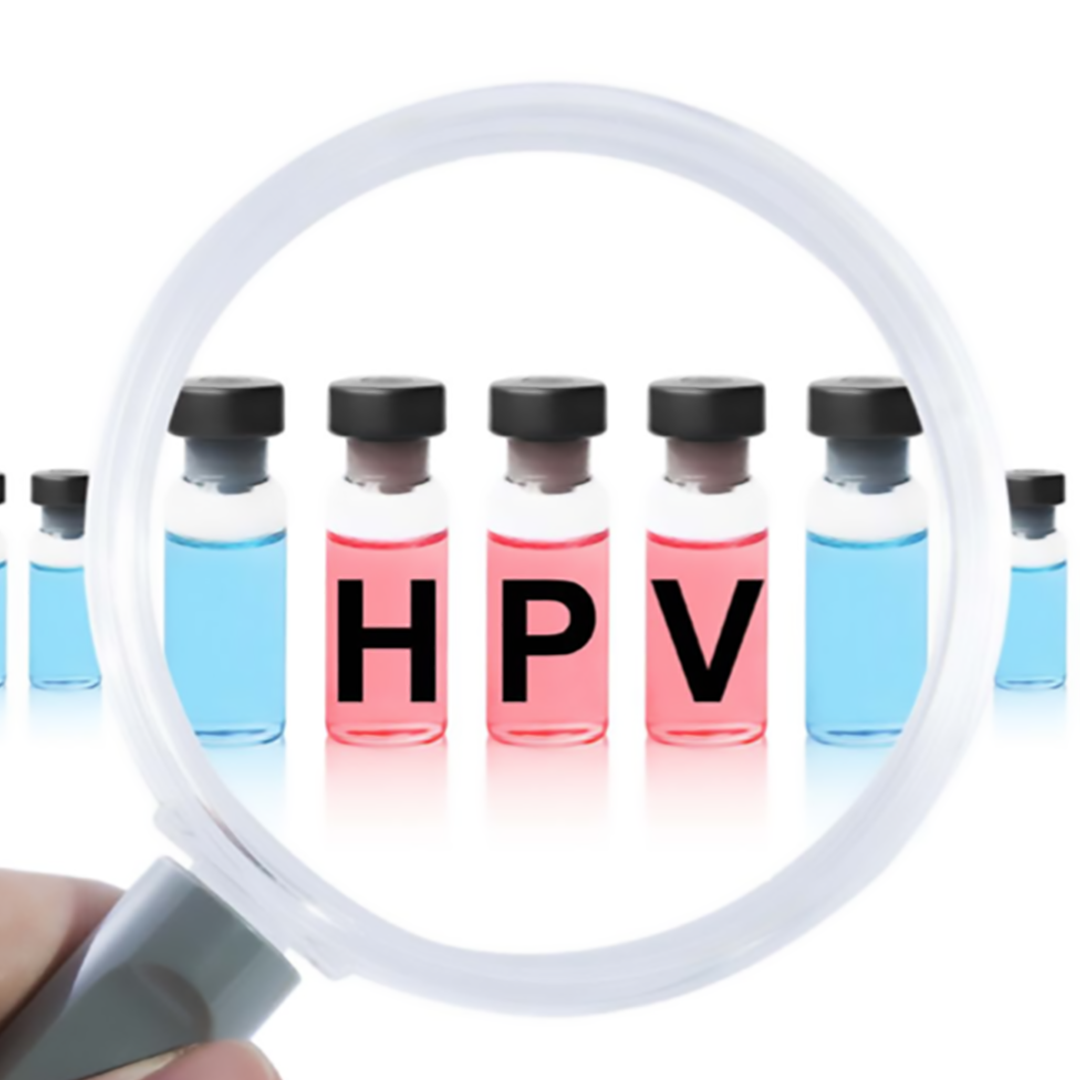
Jan 19, 2021 | Microbiology
HPV is the most common sexually transmitted virus. Approximately three out of four people who have sex will get a genital HPV infection at some point during their lives. HPV is not the same virus as HIV (human immunodeficiency virus) or HSV (herpes simplex virus) which are other sexually transmitted viral infections....
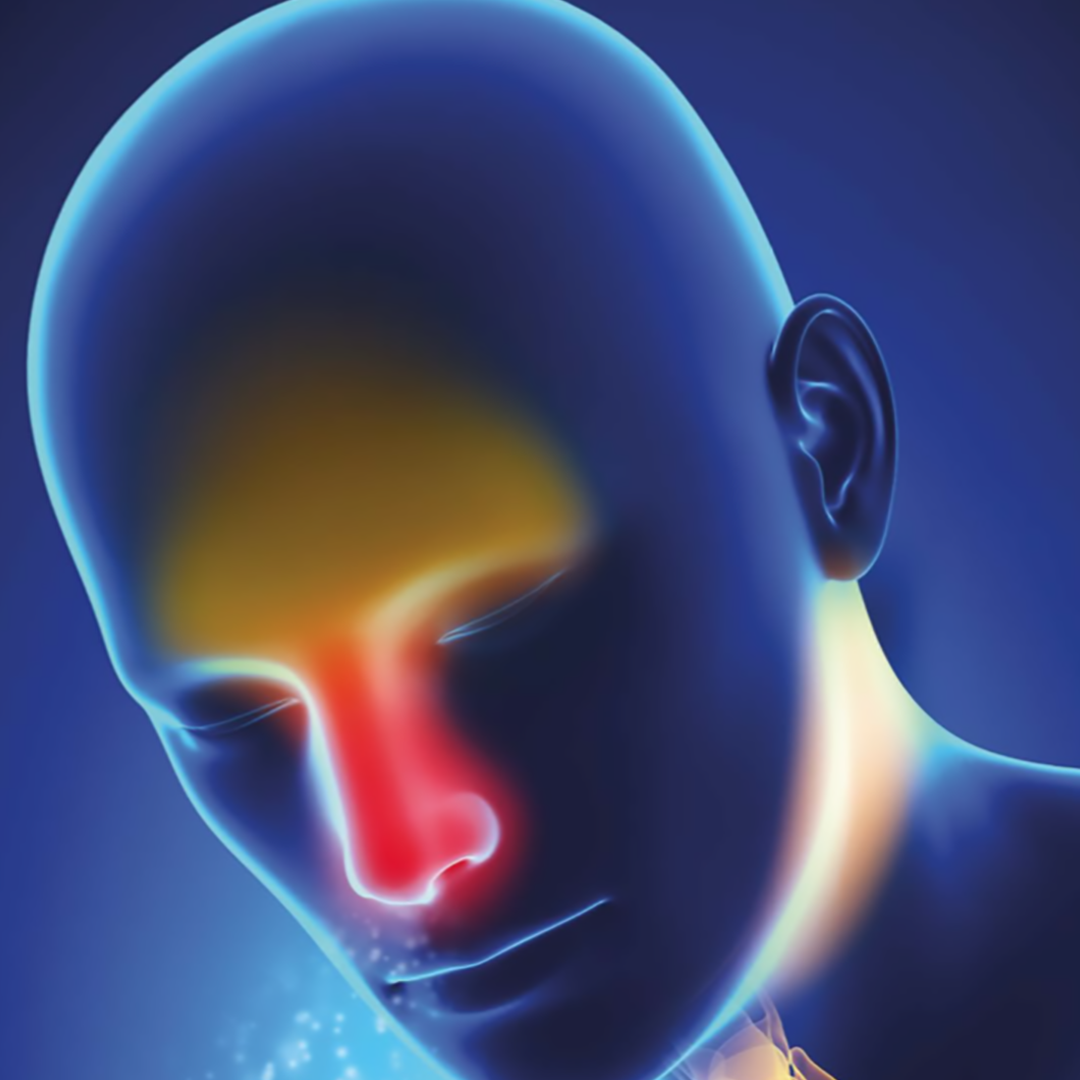
Jan 17, 2021 | Microbiology
Infectious DiseasesInfluenza (“Flu”) is an infectious respiratory disease caused by the influenza virus. It can range from a mild infection to severe life-threatening disease. There are three main types of influenza viruses: influenza A, B and C. In South Africa, influenza infections are usually seen during our winter months, typically between April and October. Two subtypes (strains) of influenza A and one subtype of influenza B typically circulate in a given season. These are referred to as the circulating seasonal influenza strains....

Jan 15, 2021 | Chemical Pathology
Contrary to the widespread belief that lipids are bad for your health, lipids perform essential functions in the body....
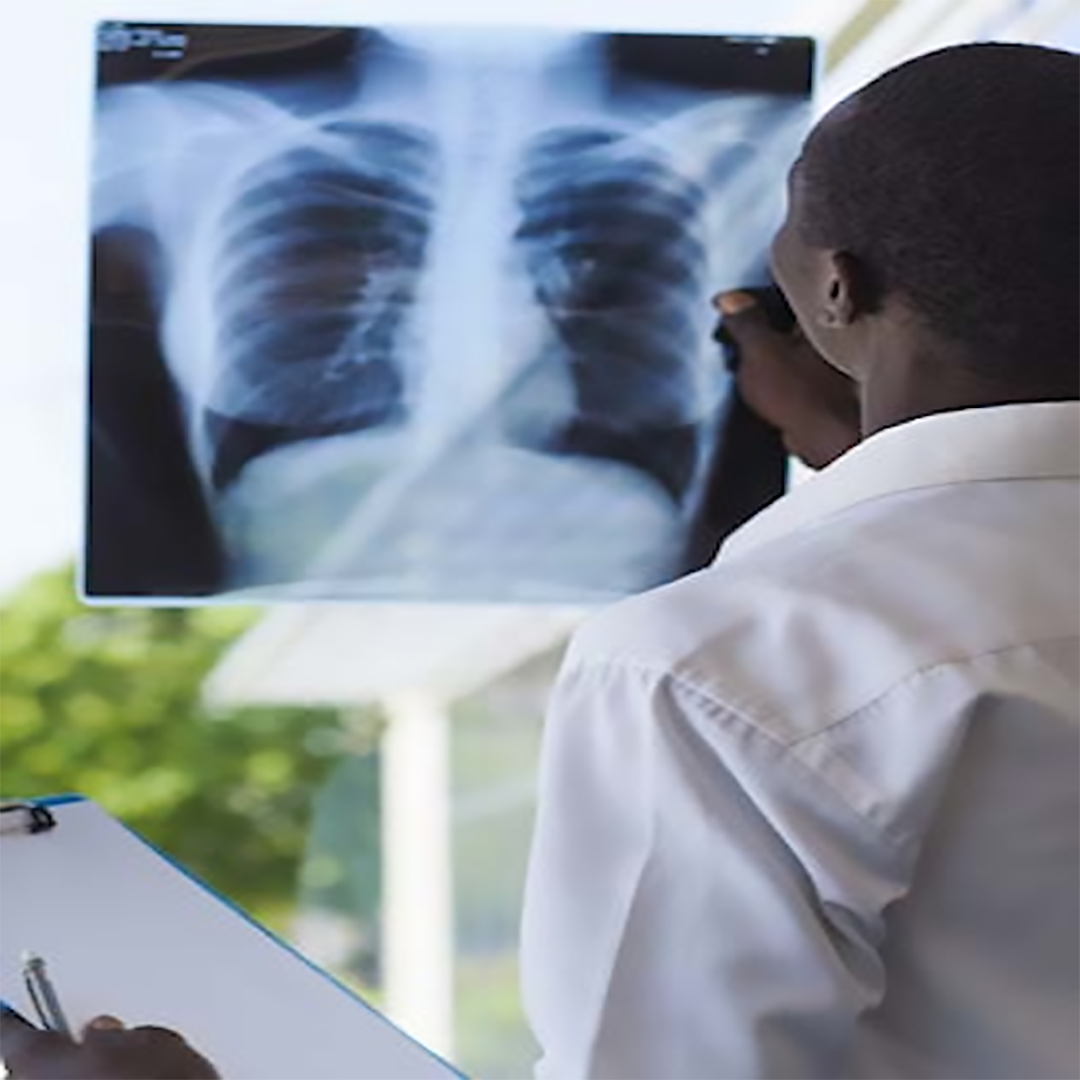

Jan 14, 2021 | Microbiology
Malaria is a serious, and sometimes fatal, disease caused by a parasite that infects red blood cells. Five species of the malaria parasite infect humans. Plasmodium falciparum, the parasite that causes cerebral malaria, is the most dangerous; the other 3 types of parasite (vivax, malariae, and ovale) generally cause less serious disease. The fifth parasite, Plasmodium knowlesi, is presently a rare cause of malaria....

Jan 12, 2021 | Chemical Pathology
Obesity is a medical condition in which excess body fat accumulates to the extent that it may have a negative effect on health. One such effect could be insulin resistance, which, when appearing with other characteristics such as obesity, high blood pressure, elevated blood sugar levels and and high triglycerides (fat-like substances in the blood) are health risks collectively known as the Metabolic Syndrome....
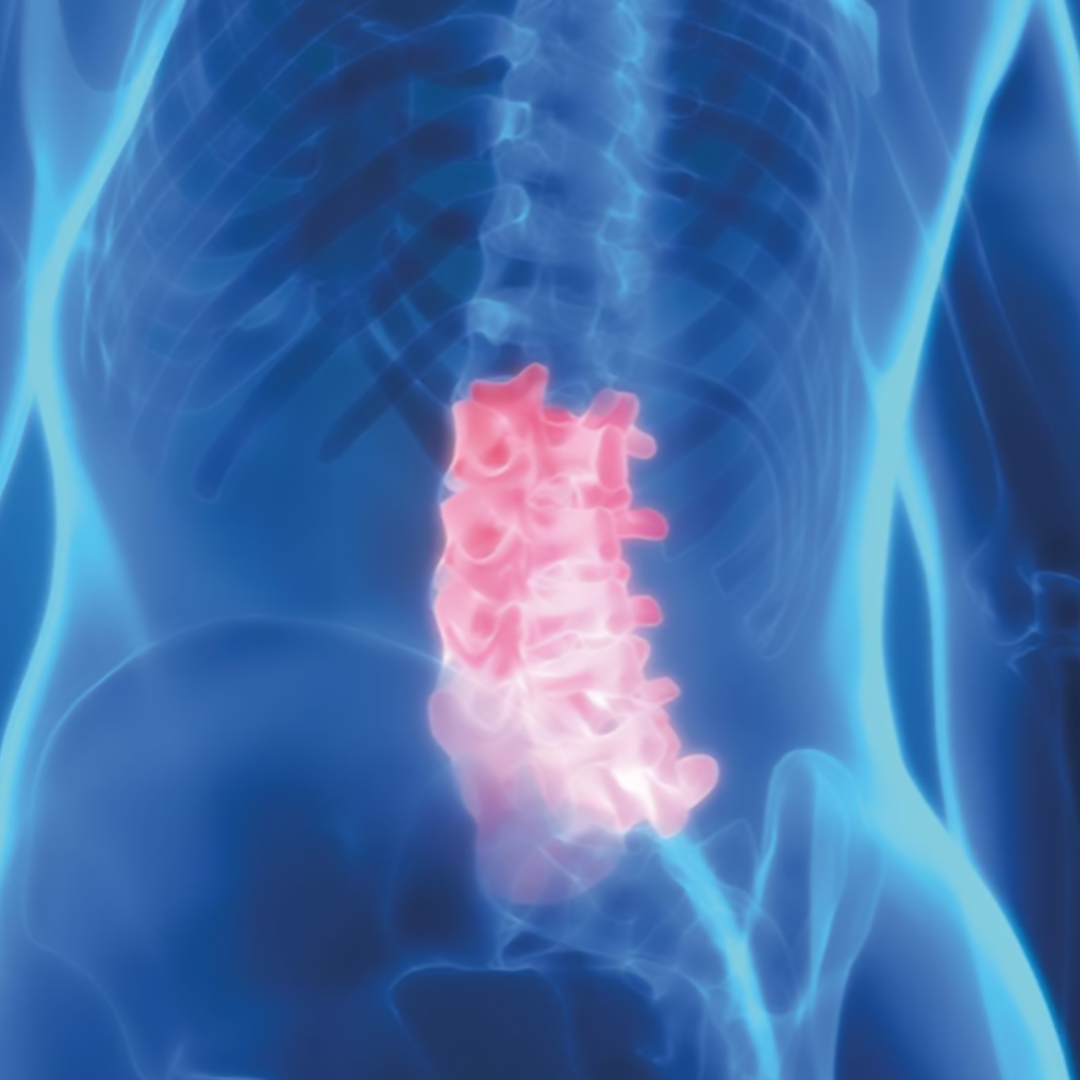
Jan 11, 2021 | Chemical Pathology
Osteoporosis is a disease of bone, therefore understanding bone is important to understand the disease....

Jan 10, 2021 | Genetics
Paternity means fatherhood. A paternity test establishes proof as to whether an alleged father is the biological father of a child. Paternity is excluded if it is shown that an alleged father is not the biological father....

Jan 07, 2021 | Histopathology
Pigmented (coloured) skin lesions are very common, most of them representing benign (non-cancerous) tumours of the pigment-forming cells and skin, namely the melanocytes. However, not all darkly pigmented lesions are derived from the melanocytes— some represent warts of different cell types, blood vessel lesions or some non-melanocytic cutaneous malignancies....

Jan 06, 2021 | Immunology
Stem cell transplant is a life-saving procedure used in conditions such as leukaemia (cancer of the white blood cells), lymphoma (cancer of the lymphatic system), bone marrow failure (severe aplastic anaemia) and some genetic blood and immune system disorders, for example, sickle cell anaemia....

Jan 06, 2021 | Microbiology
Infectious DiseasesTuberculosis (TB) is an infectious disease caused by a bacteria named Mycobacterium tuberculosis. While TB mainly affects the lungs, it can also affect many other parts of the body such as glands, abdomen, brain, bones and spine....
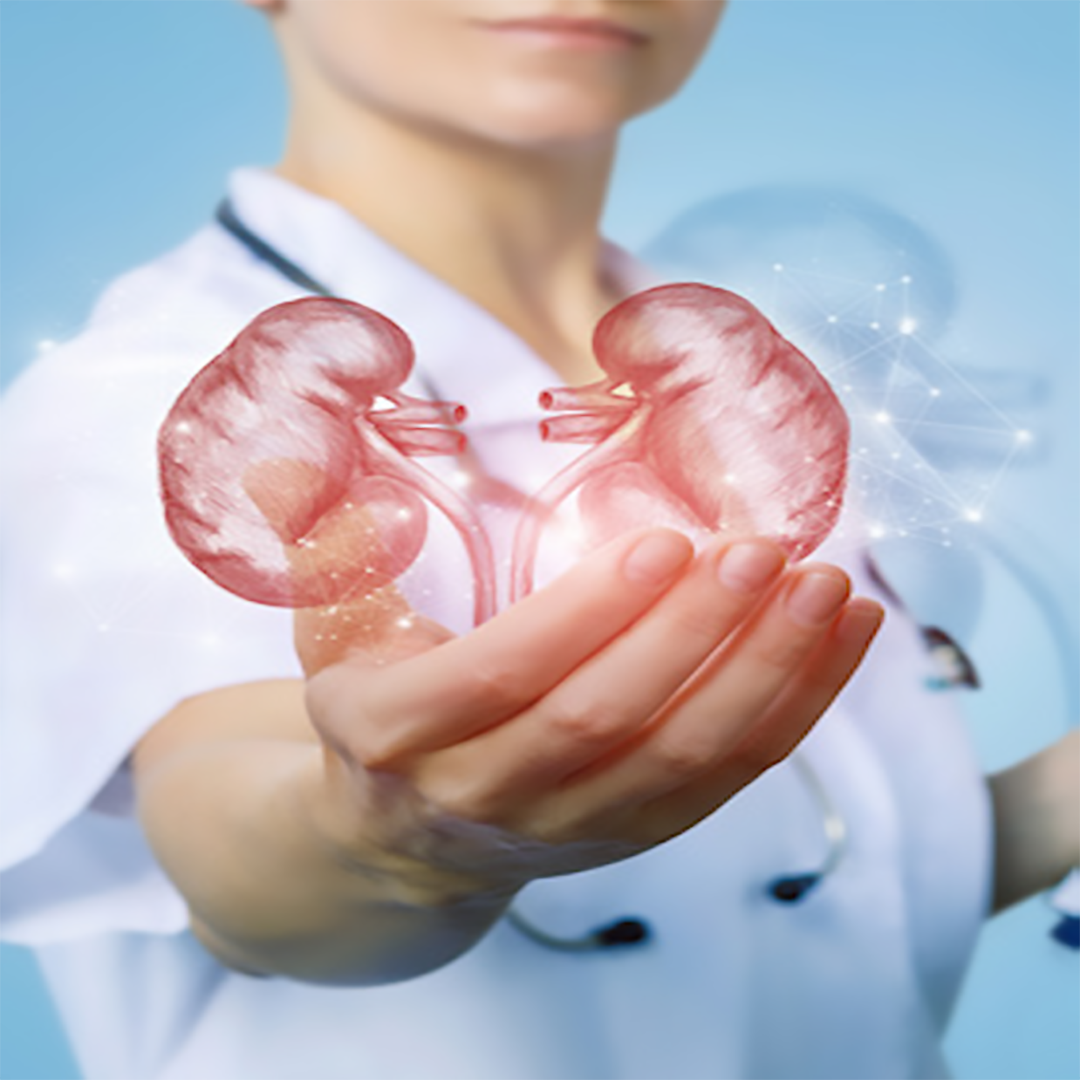
Jan 04, 2021 | Immunology
Finding a compatible donor for an organ or stem cell transplant involves comparing tissue types, called HLA (human leucocyte antigen) molecules between the potential donor and recipient. Tissue types are almost like a person’s blood group, five different types of HLA molecules are tested for solid organ transplants; HLA-A, HLA-B, HLA-C, HLA-DR and HLA-DQ. A person will have two of these HLA molecules, one from their mother and one from their father. Each individual has their own unique tissue type....

Jan 03, 2021 | General
It is estimated that laboratory tests influence about 70% of all treatment decisions made by a doctor and thus pathologists and the laboratory form an integral and essential part of delivering timely, high quality medical care. The purpose of this pamphlet is to give you an overview of our role as medical specialists and the value of the medical services we offer, as well as what happens after a specimen has been collected from you for a particular laboratory test....

Jan 02, 2021 | Chemical Pathology
This pamphlet has been issued to you because your doctor has requested a specific urine test. Our nursing staff will indicate which method of collection you must use. Please follow the instructions below for correct and safe collection of the sample....
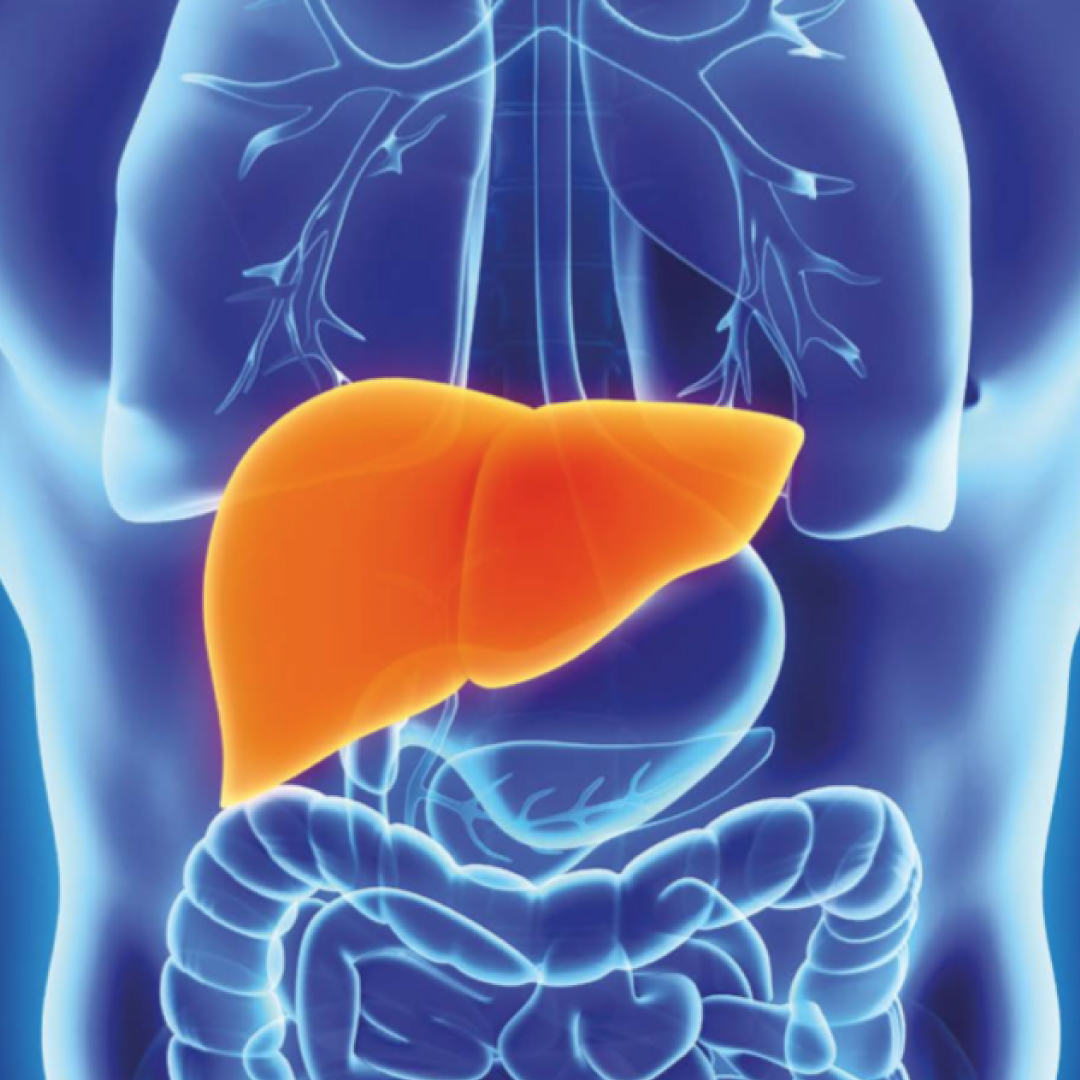
Jan 01, 2021 | Microbiology
Dr Irma Ferreira
Infectious DiseasesHepatitis C virus (HCV) can cause a short-term (acute) infection which may become a long term (chronic) infection. HCV is transmitted mainly through contact with contaminated blood. Sexual transmission of HCV is possible, but it is rare. Hepatitis C can also be transmitted from mother to baby....